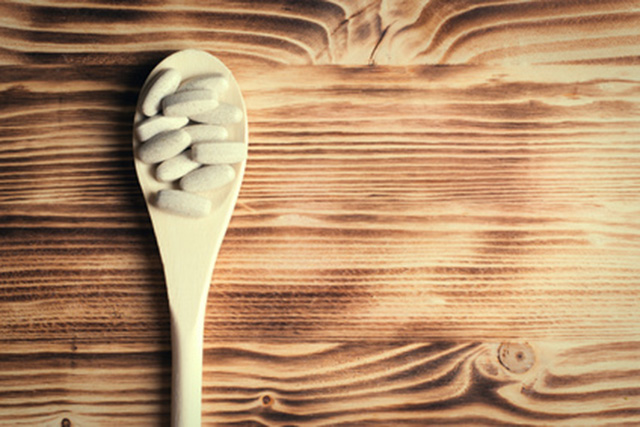Probiotics are microogranisms, often called ‘good bacteria.’ They are found in various fresh and fermented foods. Probiotics are believed to be essential to digestive and gut health because they maintain and balance essential bacteria in the digestive tract. They are well known to have potent digestive, immune system, and weight loss.
New research is showing that probiotics may extend beyond these benefits to our biggest organ: the skin.
Could probiotics be the new treatment for rosacea?
Most bacteria in the body do not cause harm, and in fact, a lot of bacteria cells actually provide benefits. Whitney P. Bowe, MD, FAAD, a board-certified dermatologist and clinical assistant professor of dermatology at Icahn School of Medicine at Mt. Sinai Medical Center in New York notes in a piece for the American Academy of Dermatology (AAD) that the science of how probiotics treat rosacea and acne is complex. Dr. Bowe also notes that researchers are studying how probiotics when applied topically or taken orally can benefits these skin conditions.
Topically applied probiotics work in the following three ways:
1. First of all, they provide a protective shield from bad bacteria that triggers inflammation and causes skin conditions like rosacea and acne.
2. Secondly, topically applied probiotics have antimicrobial properties, which means that they create holes in bacteria that causes these skin conditions.
3. Lastly, they provide a calming effect to cells that typically react to bacteria when they sense a threat. According to the AAD: “These healthy signals produced by the probiotics stop the skin cells from sending “attack” messages to the immune system that result in flares of acne or rosacea.”
Oral probiotics have also shown potent skin benefits. As written in the AAD piece:
“Dr. Bowe explained that oral probiotics – sold as daily supplements containing Lactobacilli and/or Bifidobacterium or in yogurts containing live cultures – could influence skin conditions such as acne and rosacea by affecting what is known as the “gut-brain-skin axis.”
With this theory, stress alone or in combination with processed comfort foods that lack fiber can slow digestion. This in turn changes the type and number of bacteria that live in the gut to unhealthy bacteria. Eventually the gut lining becomes leaky and toxins are released into the bloodstream causing inflammation throughout the body. People who are predisposed to acne or rosacea can experience flares as a result of this shift in gut bacteria and subsequent inflammation.”
Probiotics create a barrier in the gut that prevents inflammation that causes acne and rosacea. While researchers are still trying to figure out the complex nature of probiotics and skin condition benefits, some international studies have confirmed the these benefits.
• A recent Korean study of 56 patients with acne found that patients who took a Lactobacillus-fermented drink had a decrease in acne and skin oil production.
• In an Italian study, patients who received probiotic treatment had better results in acne and rosacea treatment than patients who received traditional rosacea treatment.
“While more studies are needed to identify the most beneficial aspects of probiotics and determine whether topical or oral probotics yield the best results, I think we can expect to see some cutting-edge probiotic products for acne and rosacea in the near future,” said Dr. Bowe. “Until then, I would recommend that patients with acne or rosacea see their dermatologist to talk about adding foods with live active cultures, such as yogurt, to their diets or taking an oral probiotic supplement daily. Although I don’t envision probiotics ever being used as a stand-alone treatment for acne or rosacea, they could be used as an effective combination therapy with prescription medications or over-the-counter topical treatments.”
Note: None of the information in our website is intended to diagnose, treat, cure or prevent any illness or disease. The content on our website is for educational purposes only.
DON’T FORGET to sign up for our weekly newsletter to get our latest articles, updates, free recipes and giveaways.
Best natural remedies for treating Rosacea.
Raw honey contains probiotics that boost the immune system.
Can probiotics help treat social anxiety?
REFERENCES:
1. “Could Probiotics Be the next Big Thing in Acne and Rosacea Treatments.” American Academy of Dermatology. American Academy of Dermatology, 3 Feb. 2014. Web. 25 July 2015.
2. “Acne Vulgaris, Probiotics and the Gut-brain-skin Axis – Back to the Future?” Gut Pathogens. BioMed Central, n.d. Web. 25 July 2015.

















